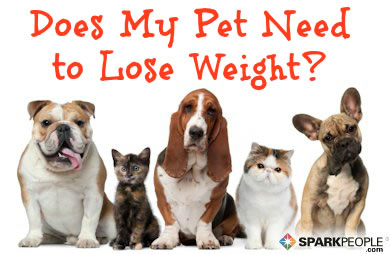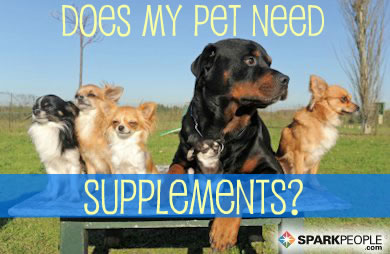12 ''Healthy'' Foods that are Dangerous for Your Dog
-
.jpg)
Avocado
Avocado is full of good-for-you fats that are great for humans, but can cause stomach upset in pets due to a compound called persin.
-

Cherries
The actual cherry is safe for dogs, but all other parts of the plant, including the pit in the middle, are toxic because of the cyanide compound they contain. Be especially carefully of wild-growing cherry trees and shrubs that can drop fruit in your yard.
-

Corn on the Cob
There's nothing wrong with sharing a few delicious kernels of fresh corn (or popcorn) with your pet. It's actually the cob that can cause problems because it can't be ingested and get lodged in the intestines causing an obstruction. So don't allow your dog to chew on corn cob
-
.jpg)
Fruit with Pits
Fruits like peaches and plums make a healthy, sweet snack for humans, but contain pits that can lodge in a dog's intestines if ingested. (The seeds also contain cyanide.)
-

Garlic
While this member of the allium family can help reduce cholesterol in humans, it causes damage to red blood cells in dogs. Garlic powder can be even more dangerous than fresh because it's so concentrated
-

Grapes and Raisins
Grapes are full of antioxidants that are thought to be helpful to human health. It's not known what compound is toxic to animals but these and currants can cause kidney failure in dogs.
-

Macadamia Nuts
These nuts provide healthy fats and protein to humans, but they are poisonous to dogs. While symptoms are typically mild, they can still be uncomfortable for your pet and include tremors and fever.
-

Milk
Milk packs a great calcium punch for people. But while dairy foods probably won't lead to a vet visit, they can upset your dog's stomach because canines are lactose intolerant.
-

Raw Eggs
Eggs are a great protein choice for people, but when raw they can be contaminated with E. coli or Salmonella. Even if they aren't, they contain an enzyme that can block B vitamin absorption in dogs.
-

Raw Salmon
Sushi is a delicious, healthy choice for humans (except pregnant women), but some raw fish can be infected with a bacteria that is dangerous for dogs. Cooking the salmon (and removing any fine bones) will make it safe.
-

Starfruit
This tart, tasty fruit is gorgeous in salads but poisonous to pets because it contains soluble oxalate, which can cause vomiting, diarrhea lethargy and more.
-

Sugarless Gum
While chewing a piece of gum can help keep your sweet tooth in check, the Xylitol in some gums can cause low blood sugar and liver damage in dogs.
If you know or suspect your pet has ingested any of these foods, you should call your vet or the 24/7 Pet Poison Helpline (800-213-6680) for advice.
This article has been reviewed and approved by Kristi Snyder, DVM.
-
.jpg)
Sources
Animal Planet, "10 Table Foods Pets Shouldn't Eat," animal.discover.com, accessed on October 9, 2013.
ASPCA, "Foods that are Hazardous to Dogs," www.apca.org, accessed on October 9, 2013.
Canine Journal, "What Foods are Toxic for Dogs," www.caninejournal.com, accessed on October 9, 2013.
The Humane Society of the United States, "Foods that Can Be Poisonous to Pets," www.humanesociety.org, accessed on October 9, 2013.
Pet Poison Helpline, "Poisons," www.petpoisonhelpline.com, accessed on October 9, 2013.
WebMD, "Foods Your Dog Should Never Eat," www.webmd.com, accessed on October 9, 2013.
12 ''Healthy'' Foods that are Dangerous for Your Dog
By Megan Patrick, Staff Writer
By now, everyone knows that chocolate is bad for dogs and can cause everything from stomach upset to death (in extreme cases). But there are lots of other healthy people foods that can make dogs sick. You might think that you're helping the health of your beloved pet, but if you feed him or her any of the following foods, you could actually be making them sick.
Start Slideshow
Avocado
Avocado is full of good-for-you fats that are great for humans, but can cause stomach upset in pets due to a compound called persin.


.jpg)




